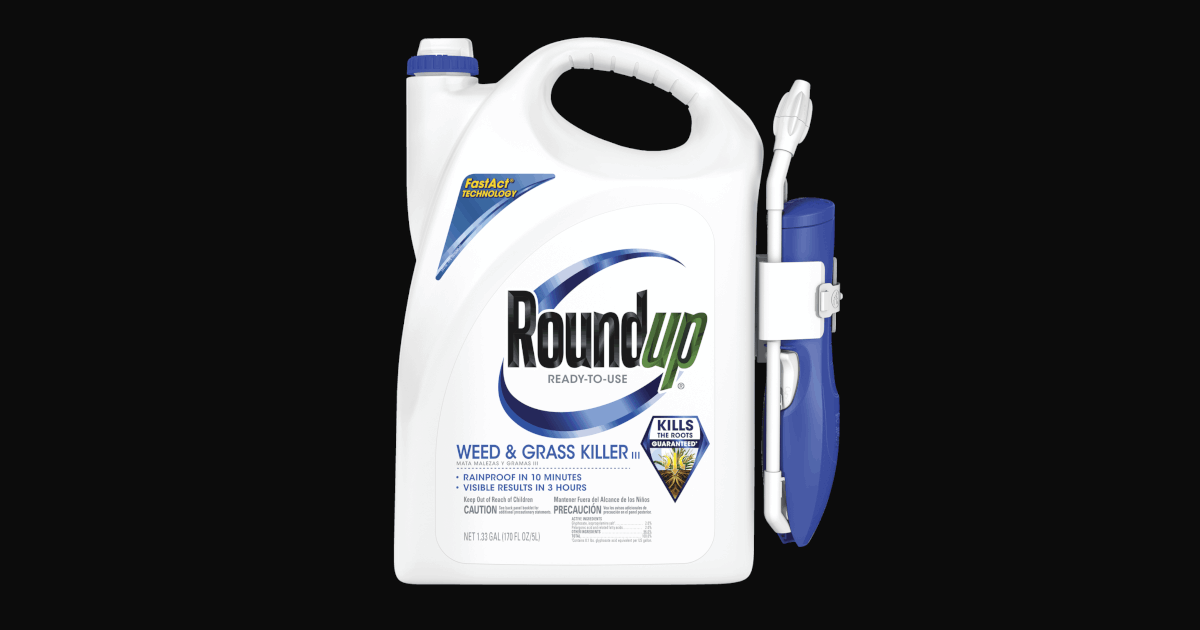Ban PFAS, Contaminating Water, Food & Farmland
May 1, 2024 | by Alexis Baden-Mayer
Organic Consumers Association
Per- and polyfluoroalkyl substances (PFAS), known as “forever chemicals”, are a class of highly toxic man-made fluorinated chemicals used in a variety of products, including waterproof fabric, stain-resistant carpets, nonstick pans, flame retardant furniture, take-out containers, cosmetics and firefighting foam.
PFAS kills. There is scientific evidence that it causes cancer, kidney disease, birth defects, and liver damage, and batters the immune system.
Amara Strande died at age 20 of liver cancer due to PFAS exposure. Scotchguard manufacturer 3M had been dumping its waste in Maplewood, her St. Paul suburb, since the 1950s.
In 2023, the same year Amara passed away, Minnesota became the second state in the nation to ban PFAS when it passed the bill she tirelessly lobbied for until her untimely death. It came to be known as Amara’s Law.
Maine was the first state to ban PFAS in 2022. Maine’s ban includes a ban on the use of sewage sludge as fertilizer (the industry name for it is “biosolids”). A few other states, notably Michigan, are testing sewage sludge for PFAS.
The reason why PFAS has been detected in the blood of 98% of Americans and is contaminating 45% of U.S. tap water, is because companies like 3M and DuPont have always had (and, according to the federal Environmental Protection Agency, still have) a free pass to dump their waste right into streams, rivers and sewage systems.
Michigan sets standards for what levels are acceptable in sewage sludge. As Harvest Public Media reported, “if wastewater plants detect two compounds, PFOA and PFOS, above 100 parts per billion (ppb) in biosolids, they are considered ‘industrially impacted’ and can no longer be applied to land. If they’re under 20 pbb, they’re in the clear.”
According to the National Caucus of Environmental Legislators, in 2024, 30 states introduced 129 pieces of legislation to address PFAS and four—Colorado, Maryland, New Jersey and Virginia—passed bills.
On April 10, 2024, the Environmental Protection Agency set maximum contaminant limits for PFAS in drinking water of 4 parts per trillion for PFOA and PFOS and 10 parts per trillion for GenX, PFNA and PFHxS.
On April 18, 2024, “Forever Chemical Regulation and Accountability Act” was introduced in Congress. This bill would prohibit excessive, non-essential PFAS uses and releases of any PFAS into air, water, or land.
On April 19, 2024, the Environmental Protection Agency designated PFOA and PFOS as hazardous substances under the Comprehensive Environmental Response, Compensation and Liability Act, or CERCLA, better known as Superfund. This designation will make polluters pay for the costs of cleaning up sites contaminated with these substances, including U.S. military bases.
These are welcome developments, but the Biden Administration still hasn’t followed through on its promise to stop the estimated 30,000 PFAS polluters from releasing these forever chemicals into the environment via wastewater discharged into surface waters and municipal sewage treatment facilities.
To understand why is this unacceptable, watch the film Dark Waters (2019) that dramatizes the shocking and true story of heroic attorney Rob Bilott who risked his career and family to uncover a secret hidden by one of the world’s largest corporations and to bring justice to a community dangerously exposed for decades to deadly chemicals.
Bilott was first contacted by two West Virginia farmers who showed him how DuPont’s toxic waste was getting dumped on their fields in the form of sewage sludge “fertilizer” and was killing their cattle. In an attempt to help the farmers, Bilott filed a complaint that kicked off an epic 15-year fight—one that tested his reputation, his health and his livelihood.
There’s a great scene in the movie, where Bilott’s wife Sarah (Anne Hathaway) demands to know what is going on and Rob (Mark Ruffalo) tells her how DuPont is knowingly poisoning the community.
The Devil We Know is a documentary version of the same story focusing on the plaintiffs in the historic class action lawsuit against the DuPont chemical plant that manufactures Teflon. They charged the chemical company with poisoning the drinking water supply of more than 70,000 people living near the factory. In the film, they break their silence about the suffering they’ve endured at the hands of the chemical giant in their backyard. Their lawsuit uncovered shocking internal documents revealing that DuPont knew for decades that C8 had toxic health effects, but continued to leave its workers and the entire community exposed.
There are several other excellent films to watch about PFAS.
Semper Fi Always Faithful tells the tragic and inspiring true story of Marine Corps Master Sgt. Jerry Ensminger, a devoted Marine for nearly twenty-five years. When Jerry’s nine-year old daughter Janey died of a rare type of leukemia, his world collapsed. As a grief-stricken father, he struggled for years to make sense of what happened. His search for answers led to the shocking discovery of a Marine Corps cover-up of one of the largest water contamination incidents in U.S. history. Military bases like Camp Lejeune still have the highest concentrations of PFAS in the country primarily from the near daily use of firefighting foam.
Burned is the true story of how the spouse of a firefighter revealed their significant exposure to forever chemicals.
The heroic people whose stories are told in these films deserve our support.
Related Posts
Together We Are Making Waves
May 16, 2024 | by Rose Welch, National Director Organic Consumers Association Spring greetings from all of us at the Organic
Make Your State the First to Ban Monsanto’s Roundup Weedkiller!
Our Millions Against Monsanto campaign to ban glyphosate is gaining steam in statehouses across the country.
Which U.S. state will be the first to ban glyphosate-based weedkillers like Roundup, the flagship pesticide manufactured by Monsanto (now owned by Bayer)?
Will it be yours?
Take Action: Make your state the first to ban Monsanto’s Roundup weedkiller!
Organic Bytes Newsletter #850: Mexico’s Right to Refuse GMOs
BILLIONS AGAINST BAYER Using a Trade Agreement to Bully Mexico Into Importing Monsanto-Bayer’s GMO Corn By Alexis Baden-Mayer, Political Director, OCA: Mexico has been making bold




